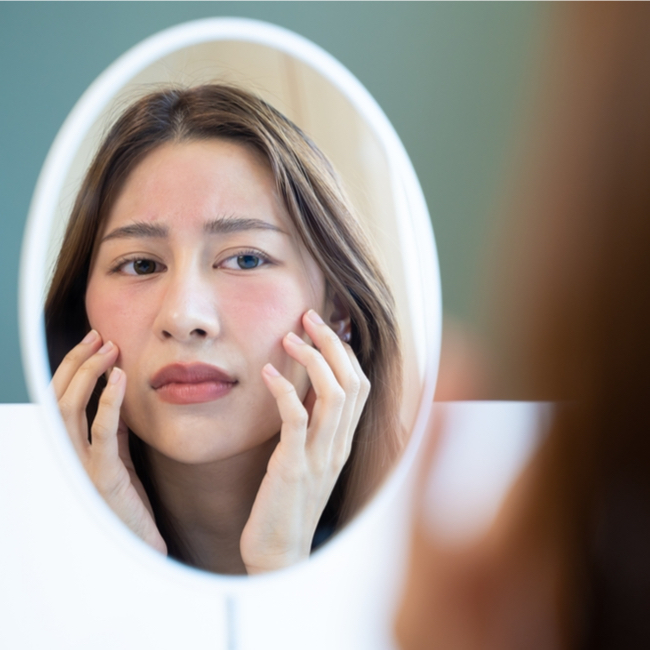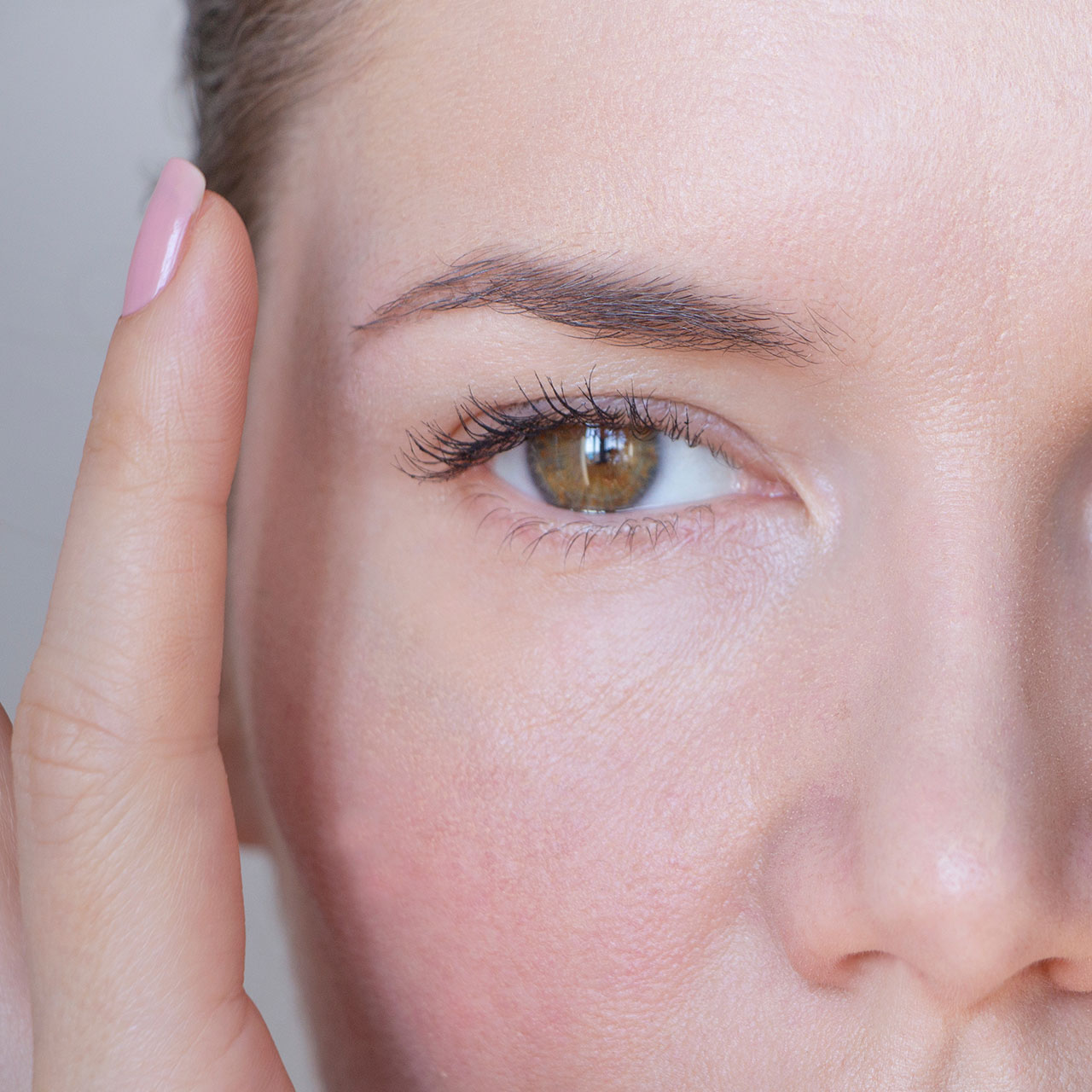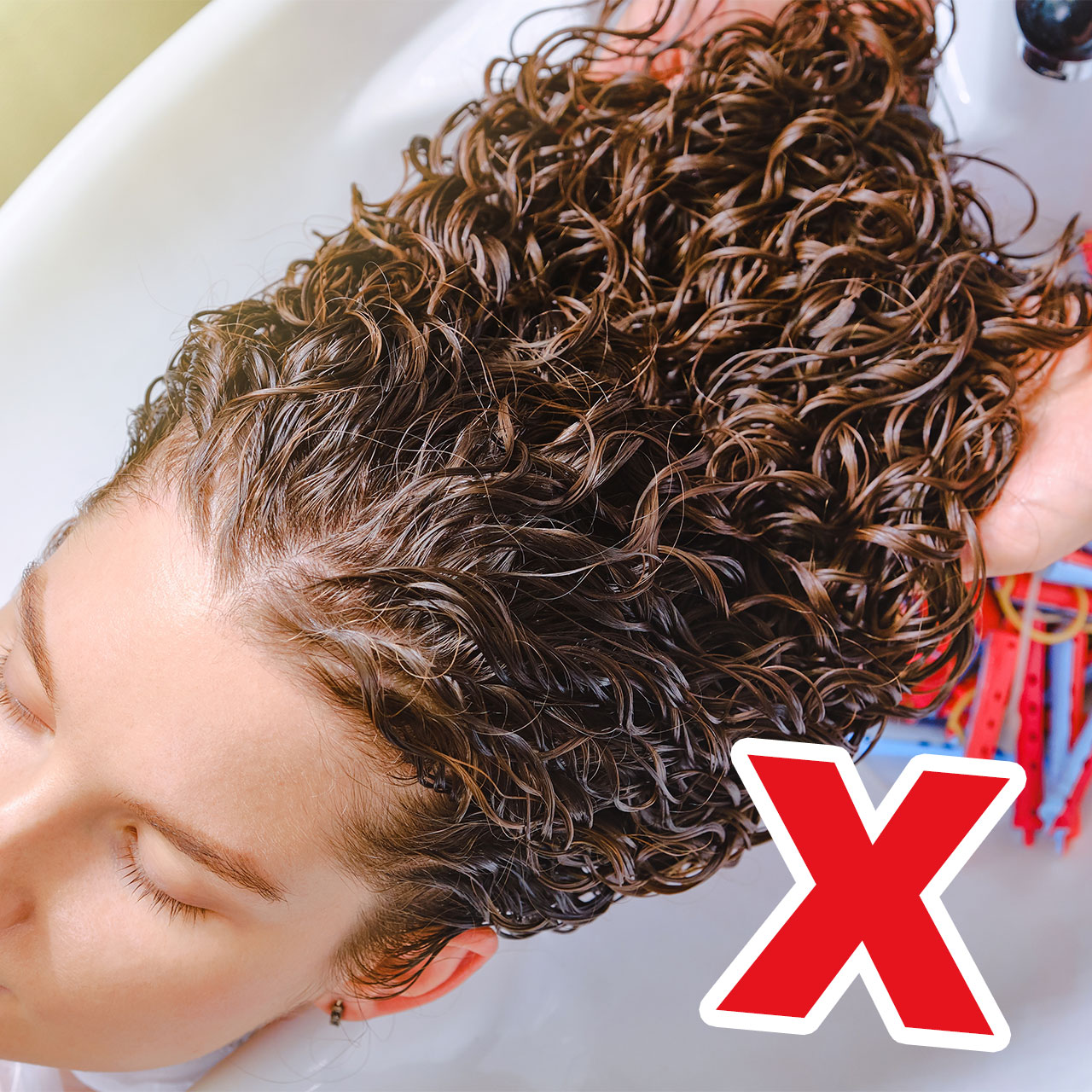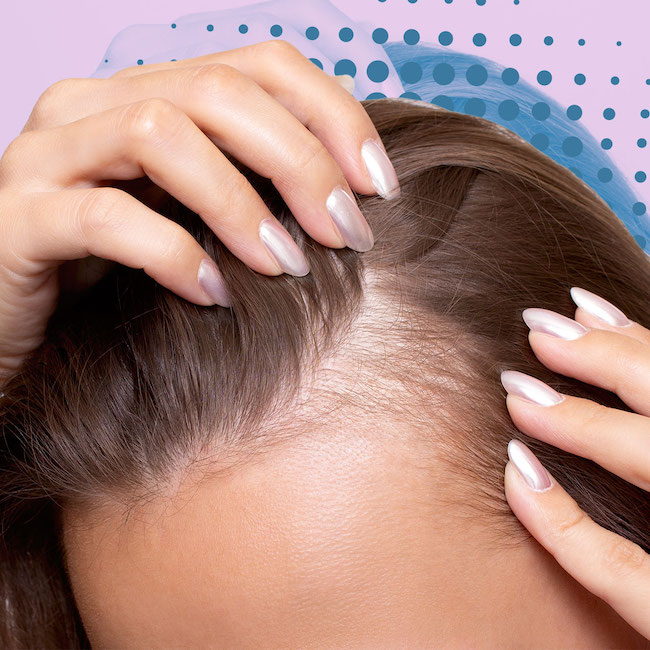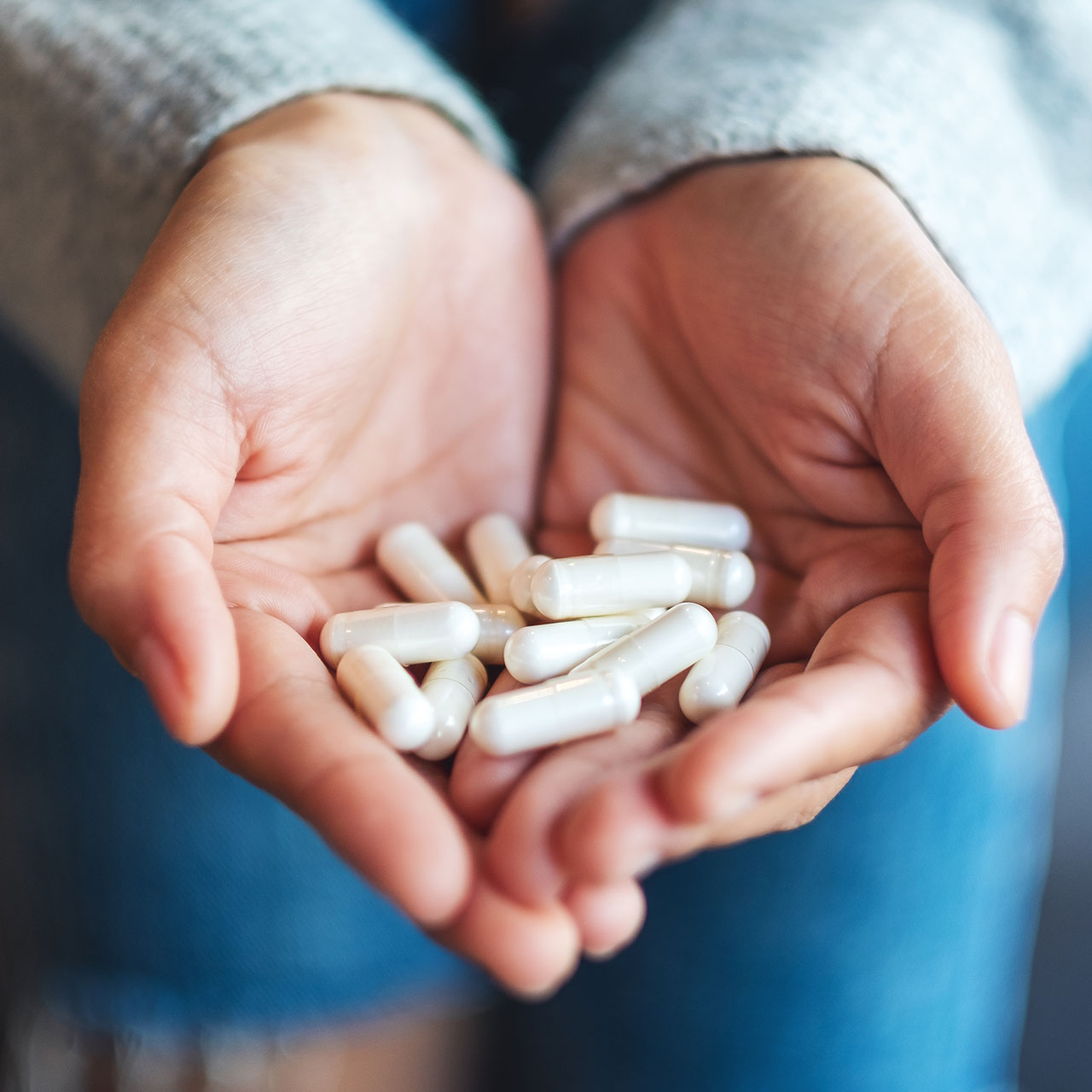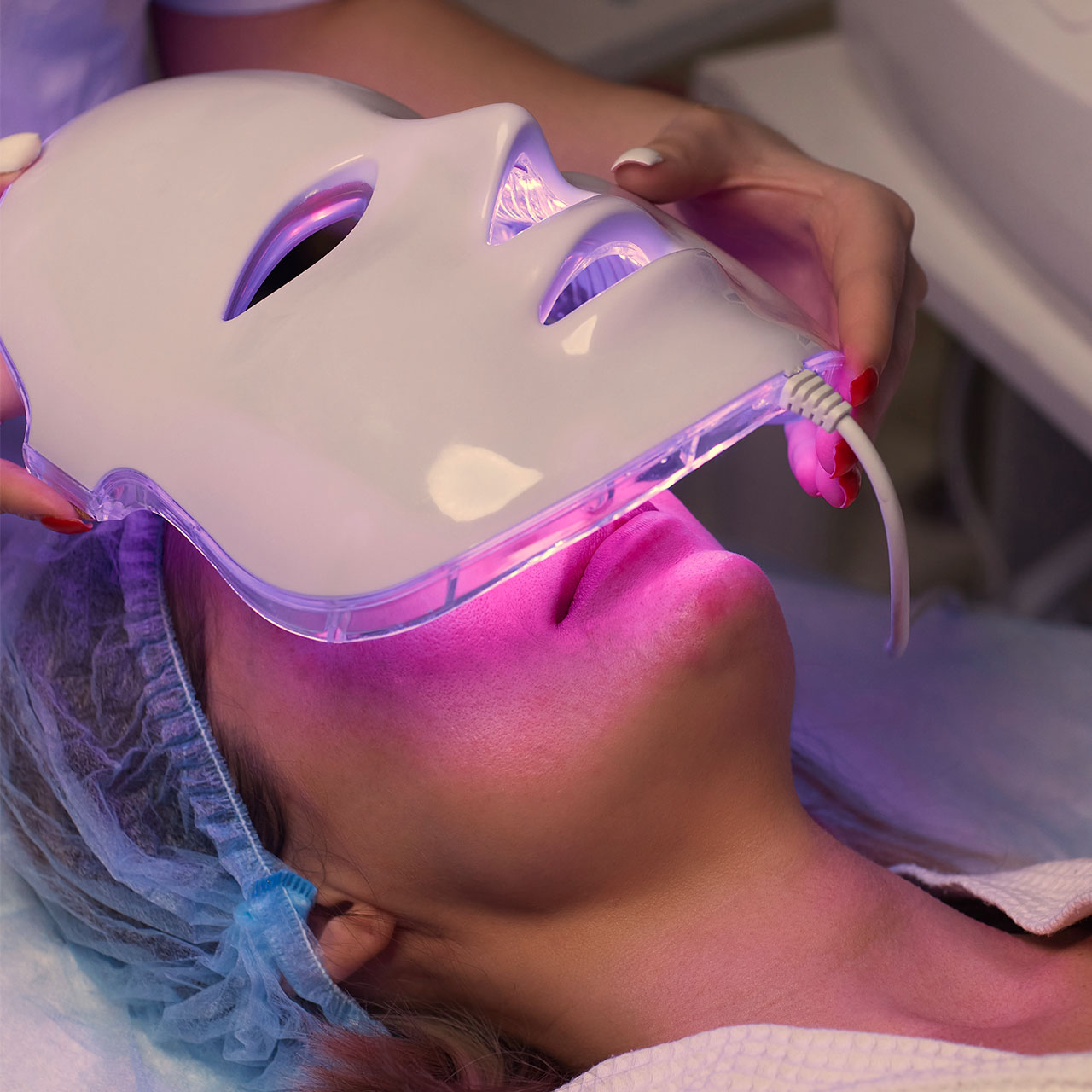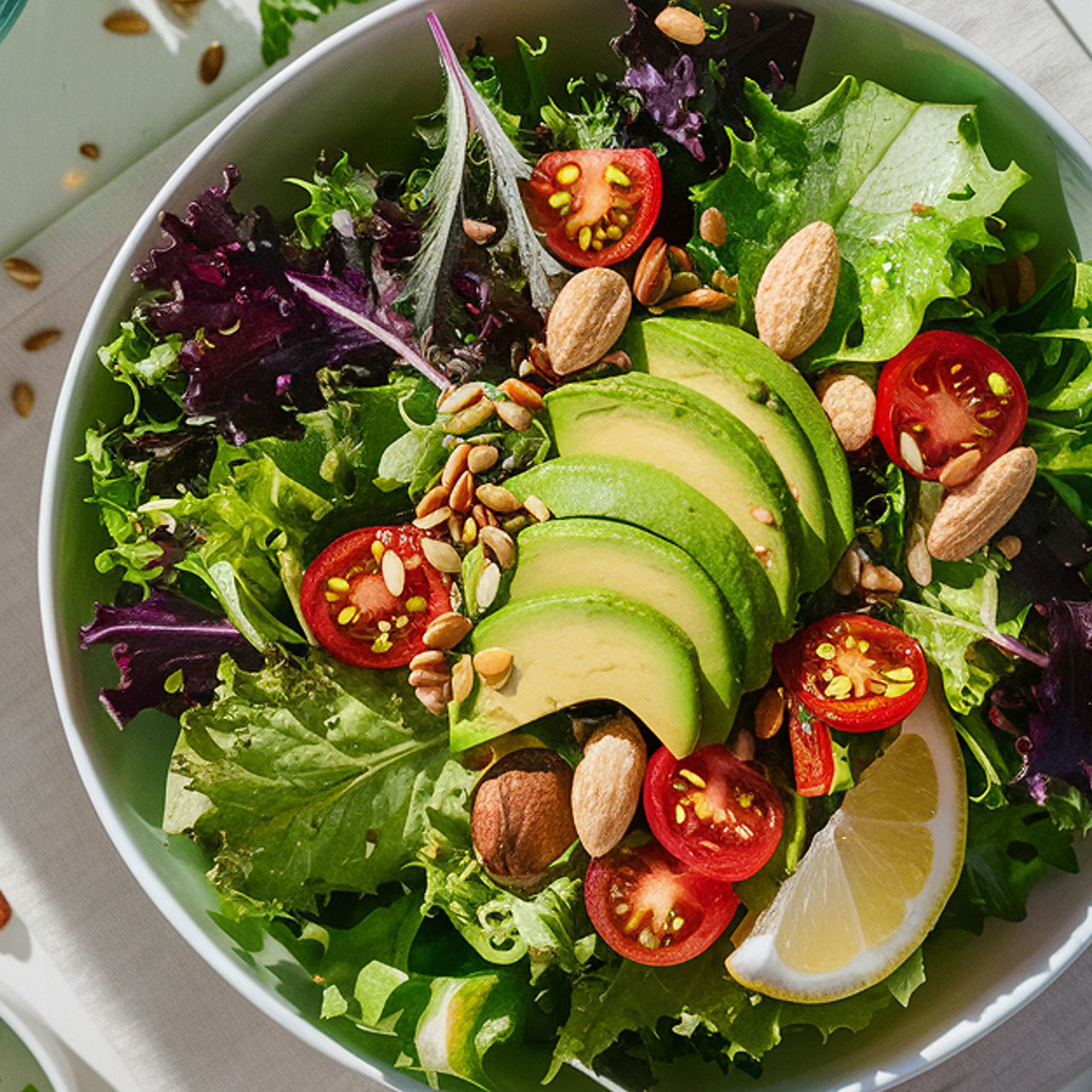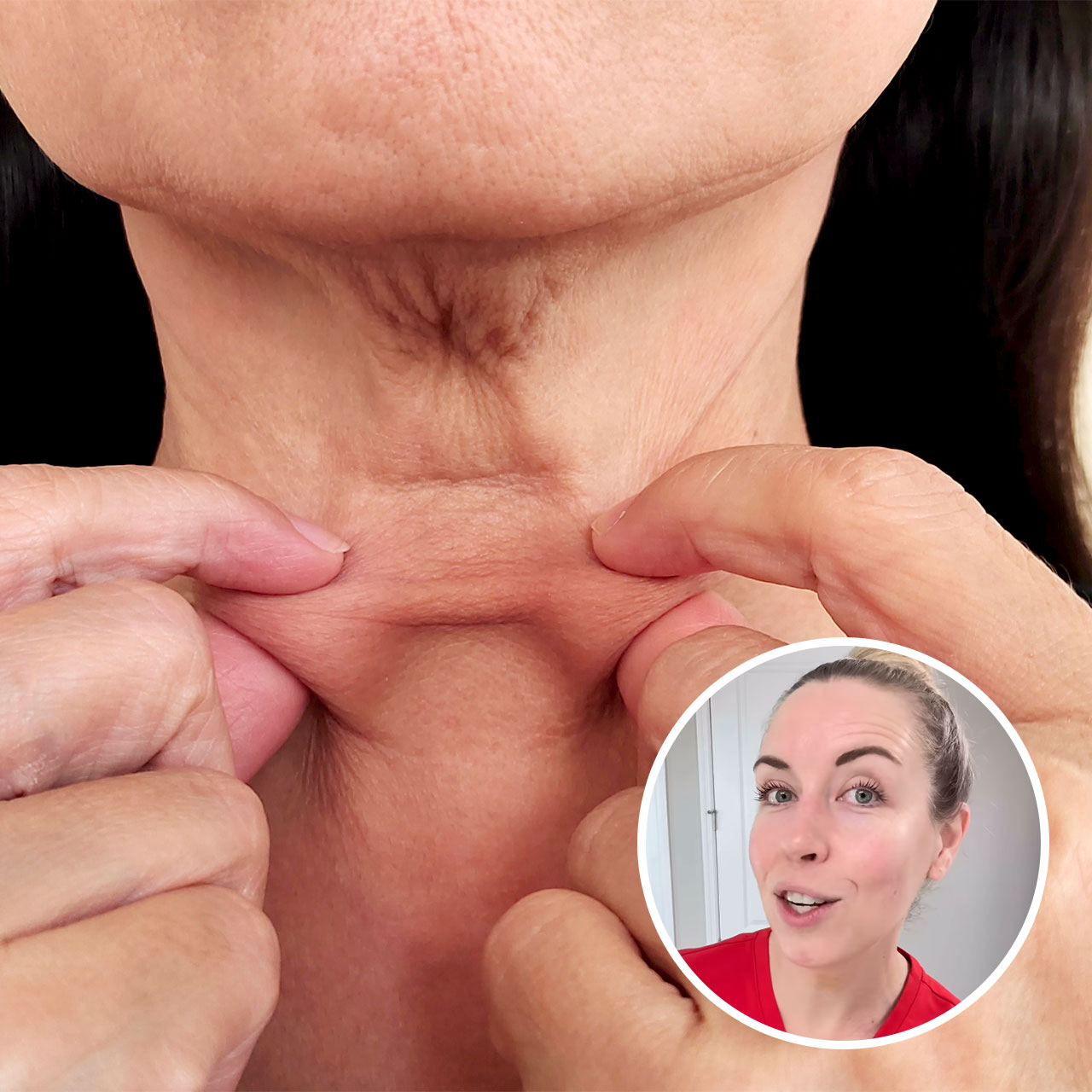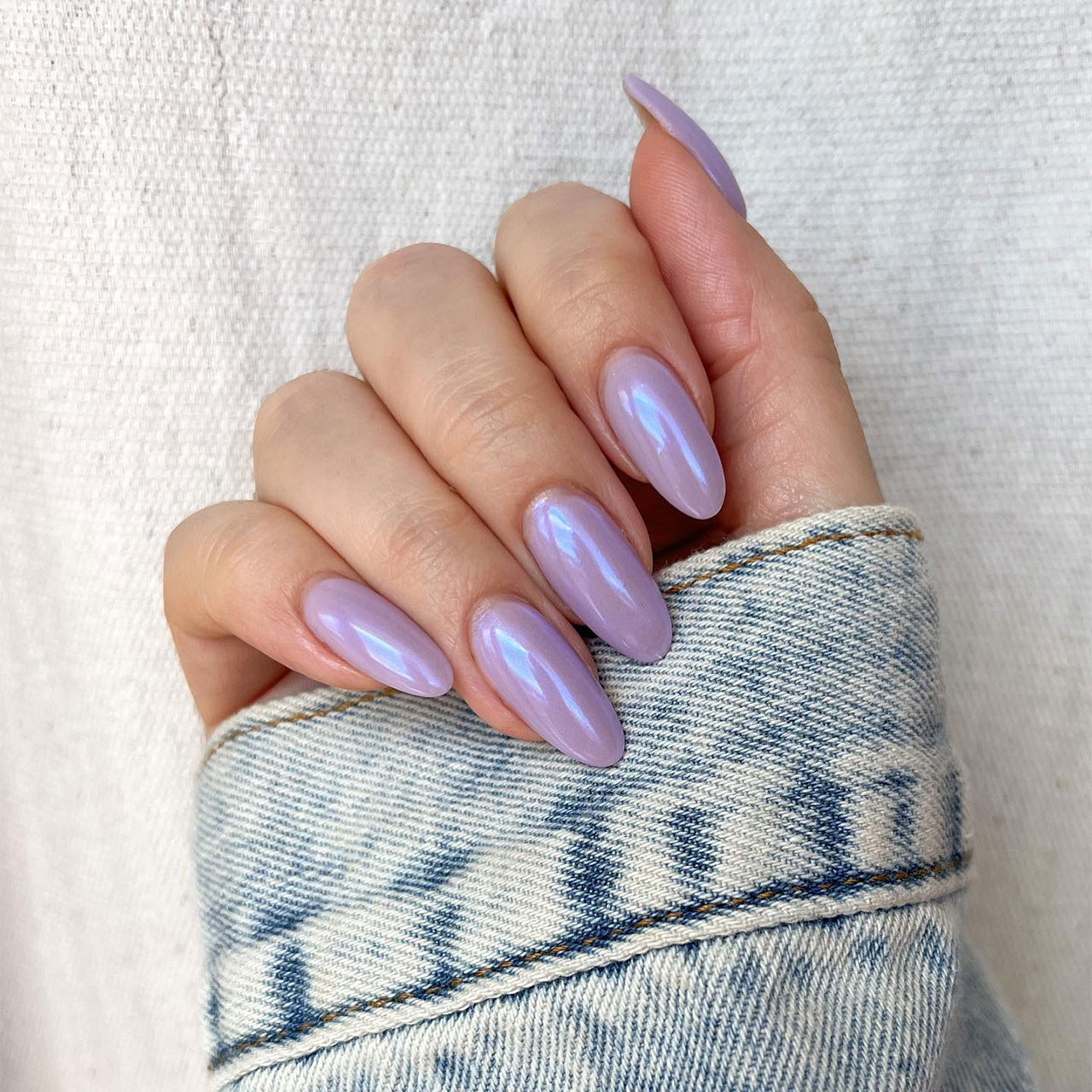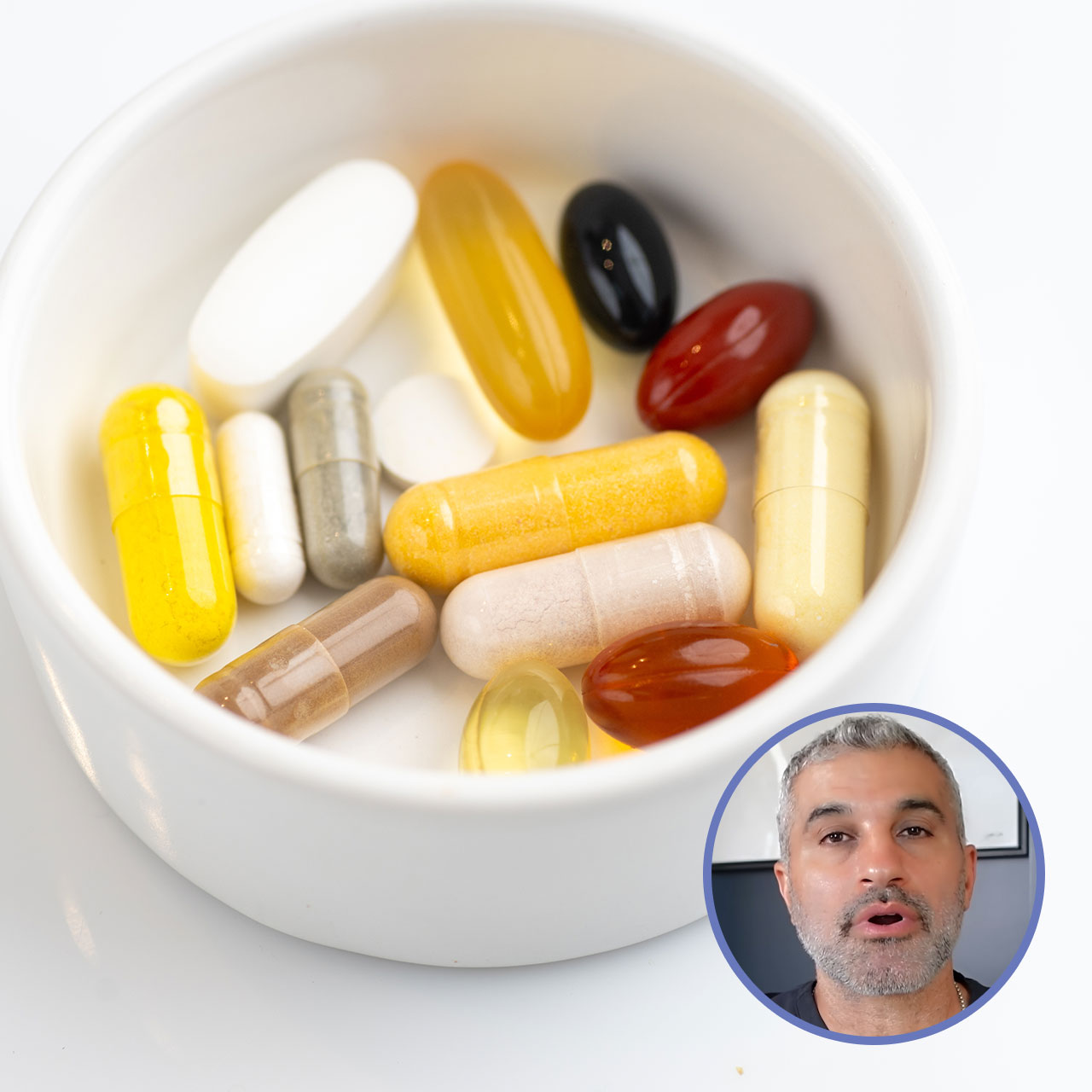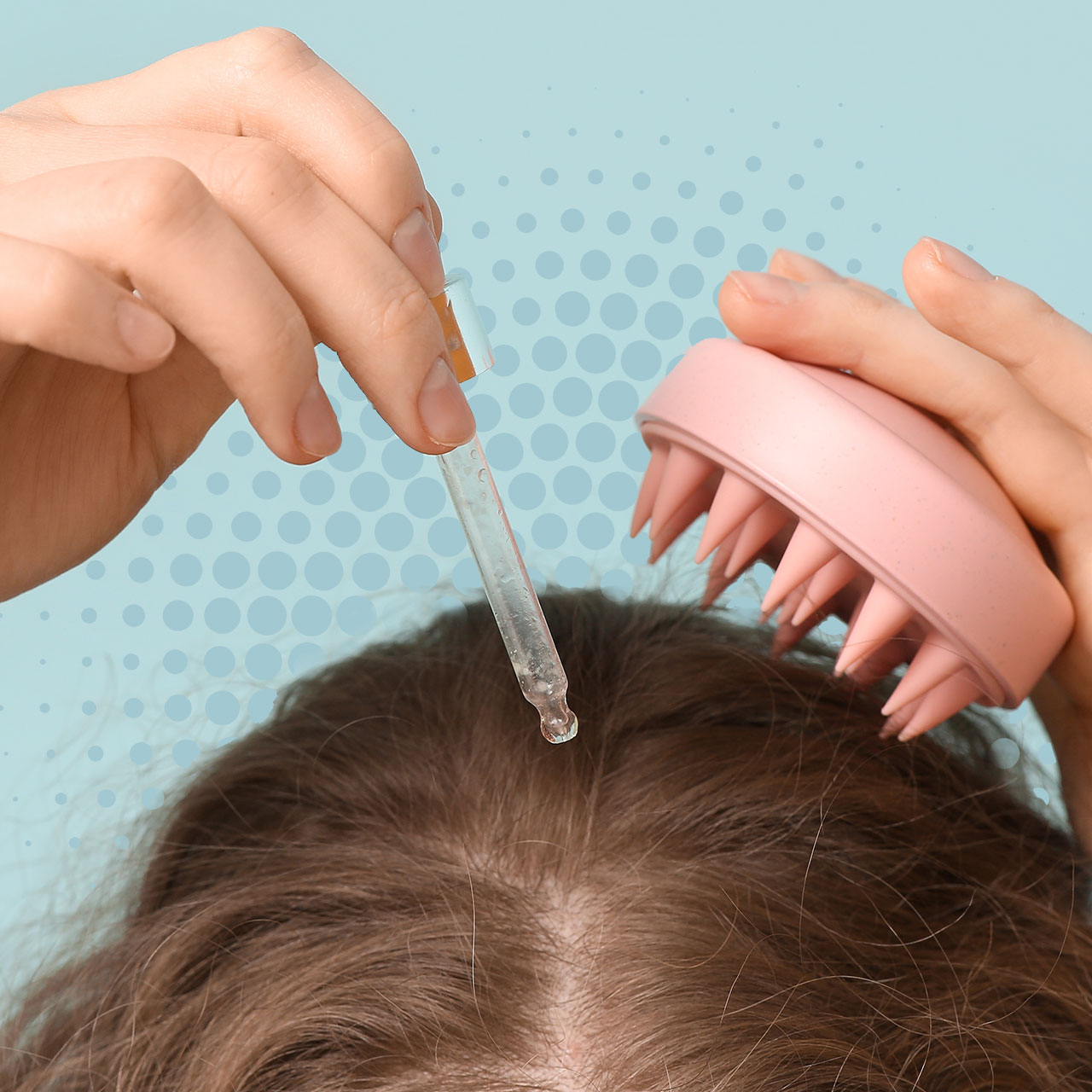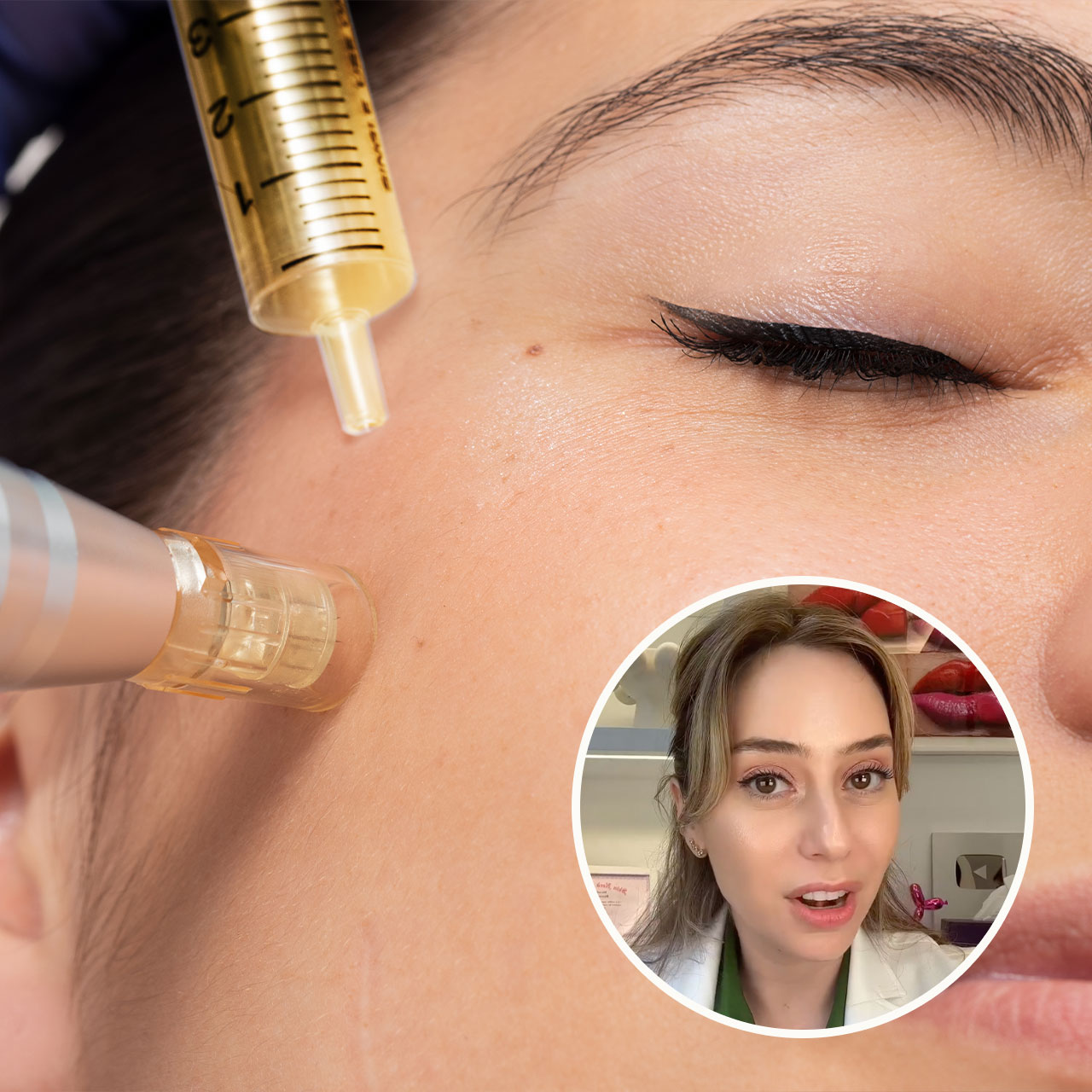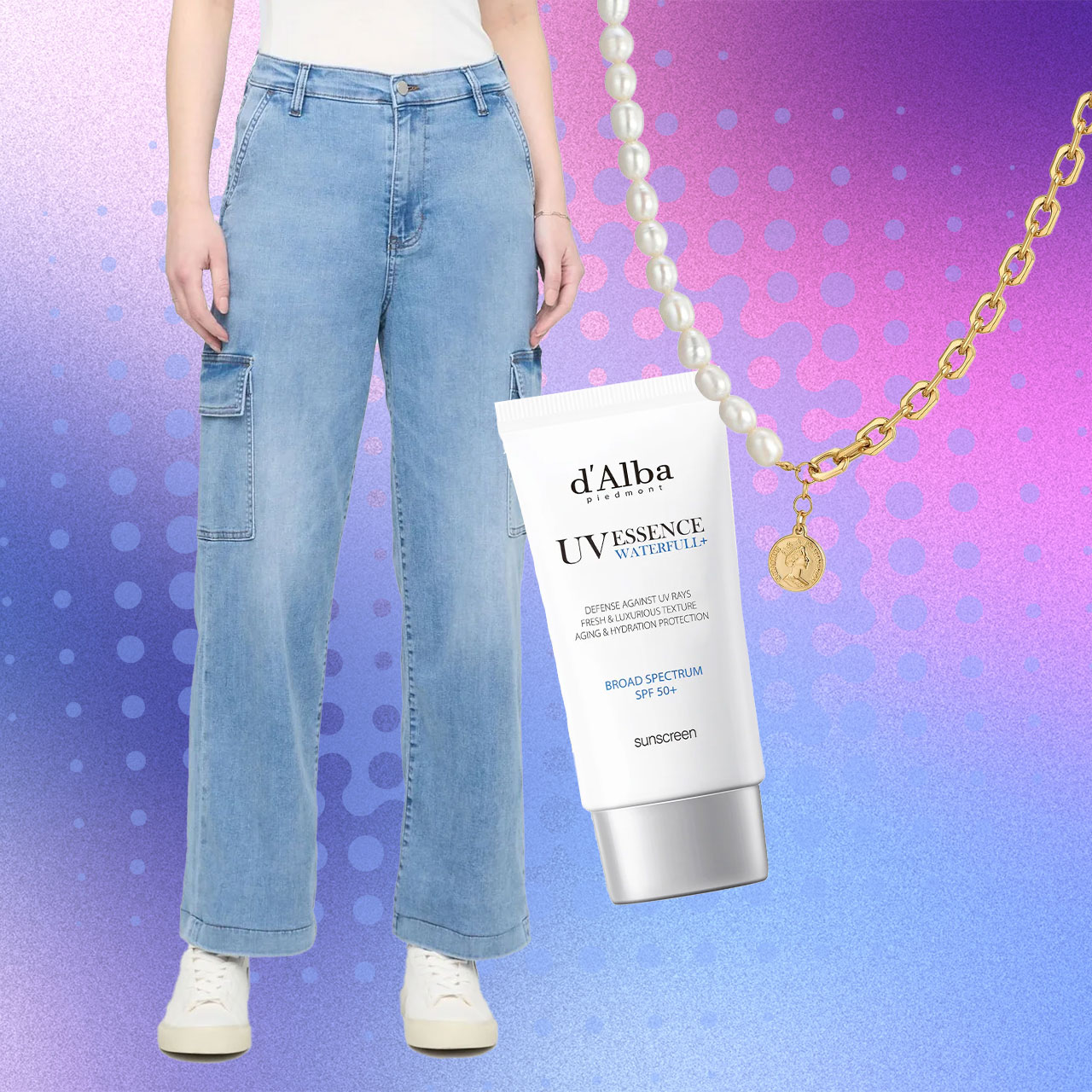Many of us have naturally dry skin and experience even more flaky patches and irritation when exposed to the harsh winds and chills of winter. While in many instances, a trusty non-comedogenic moisturizer can do the trick temporarily, it may not fix the underlying problem. There may be certain types of foods and beverages in your diet that exacerbate dry skin, and they are important to keep in mind. We spoke with skincare experts Dr. Cheryl Rosen, M.D., Director of Dermatology at BowTied Life and Dr. Simran Sethi, M.D., Founder of RenewMD Beauty & Wellness about specific food types that when consumed in excess, can further irritate (and cause) dry skin.


Excess Refined Sugars
As opposed to natural sugar (like in fruit, for example), food with refined sugar can often state the following on its labels: cane sugar, brown sugar, corn sweetener, syrups, or fructose, dextrose and sucrose. Essentially, refined sugar derives from sugar cane or beets, which are processed. As you might already know, dermatologists have long linked sugars and processed foods to wrinkling skin, acne, and of course, dryness. Excess refined sugar consumption causes intrinsic damage to collagen and elastin proteins in skin by the formation of Advanced Glycation End Products (AGEs), Sethi explains. This, she says,“ reduces the integrity and elasticity of skin, making it prone to dehydration and wrinkling.” Rosen agrees, noting that “foods that are high in sugar, processed foods, and unhealthy fats can all aggravate your skin and make it itchier.”

Heavy Amounts of Salt
Puffy under-eyes and inflamed skin have long been associated with eating too much salt or foods containing it. Super salty foods can cause the face to swell up due to water retention. Ultimately, salt can cause noticeable dehydration in the skin as caused by excess sodium, Sethi says. “Due to osmotic pressure, salt draws water out of cells, including skin cells, leading to dry skin,” adds Sethi. Instead of salt, she suggests “seasoning foods with lemon, black or red pepper and dried herbs,” and over time, the body will “stop craving” higher levels of salt while remaining more hydrated.

Coffee & Caffeine (2+ Cups Per Day)
Before you give up one of the globe’s most popular beverages forever— know that coffee in *moderation* is fine and offers many health benefits. Drinking more than 2 cups per day, Sethi says, can cause dryness in your skin without you realizing. “Caffeine in coffee acts as a diuretic, drawing water out of cells and excreting that water through the kidneys and urinary system,” she says, noting that drinking coffee and caffeinated beverages in excess can cause skin dryness. If you do still want a boost of caffeine, she suggests herbal or green teas instead, since they “provide healthy antioxidants and hydration which will promote new skin production and give skin a healthier and plump appearance.”
In conclusion, eating a reasonable amount of sugar, salt or coffee won’t immediately dry your skin, but if you’ve been suffering from noticeably dry patches and do consume any of these in excess, it might be advantageous to reevaluate your diet. Rosen adds that eating “plenty of fresh fruits and vegetables (e.g. oranges), whole grains (e.g. quinoa), and healthy fats like olive oil” can help aid dry skin.
“Itchy winter skin is often the result of dry skin, which can be caused by a number of factors such as lack of humidity in the air, using harsh soaps, or cold weather,” Rosen continues. “Winter weather can also cause skin to become irritated and inflamed due to windburn.”
In order to combat itchy winter skin in other ways, Rosen says it's important to “keep your skin hydrated by using a moisturizer regularly, avoiding long baths or showers, and avoiding harsh soaps.” You may also want to consider using a humidifier in your home, she says, to increase the humidity level. “And finally, remember to protect your skin from the cold weather by wearing gloves, a hat, and warm clothing,” she adds, which is timeless advice for many reasons— a major one being your skin health.





